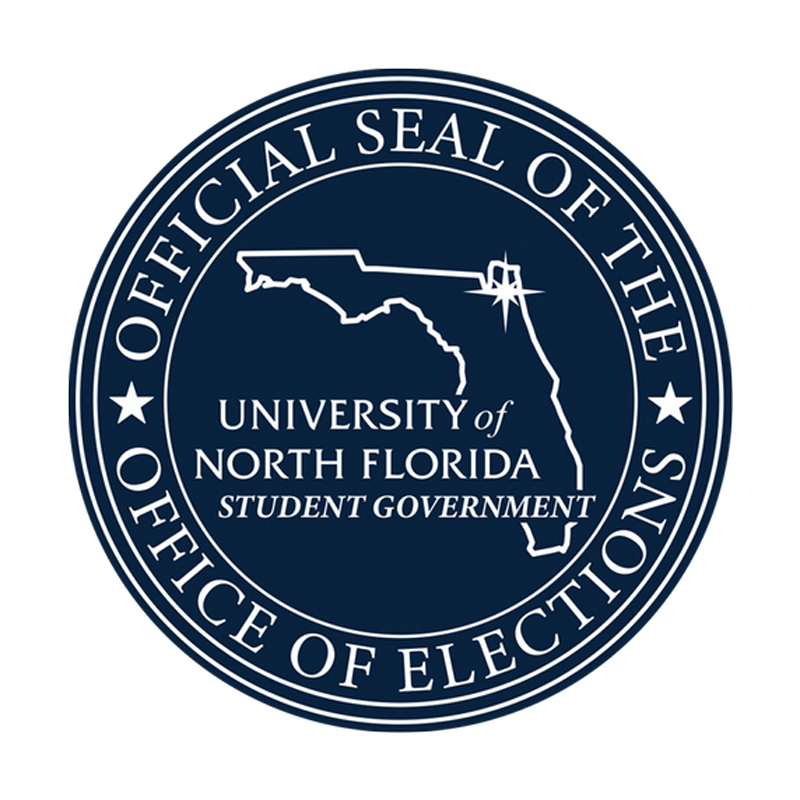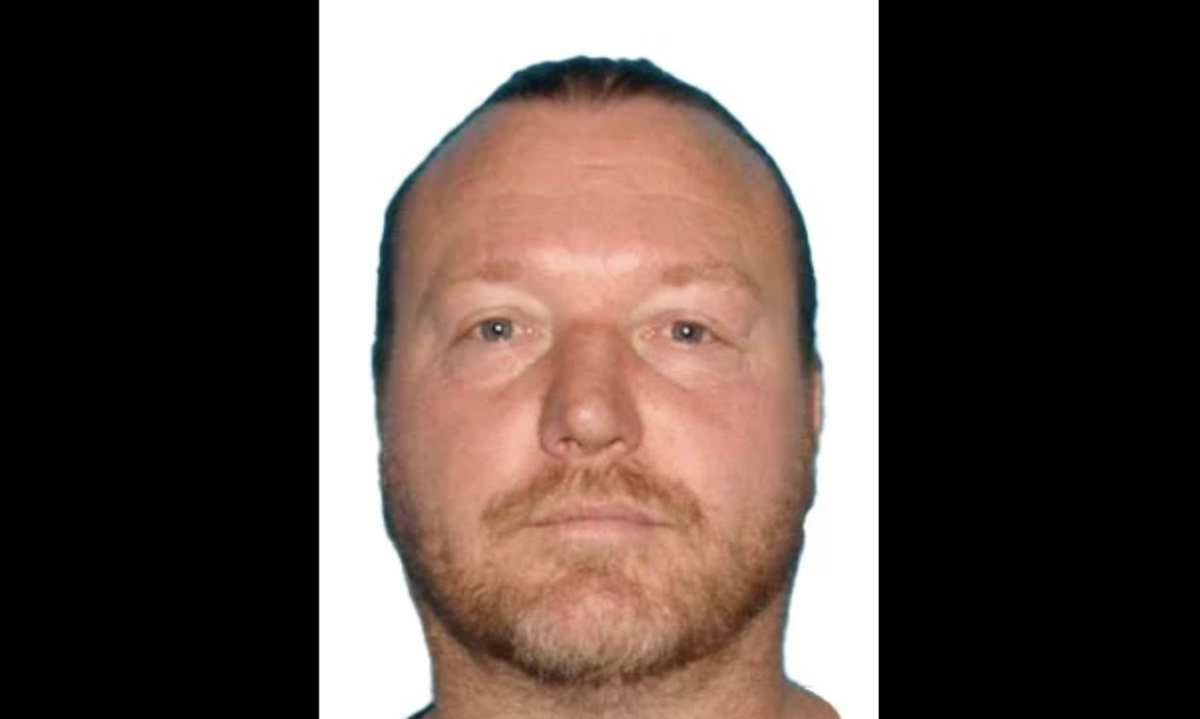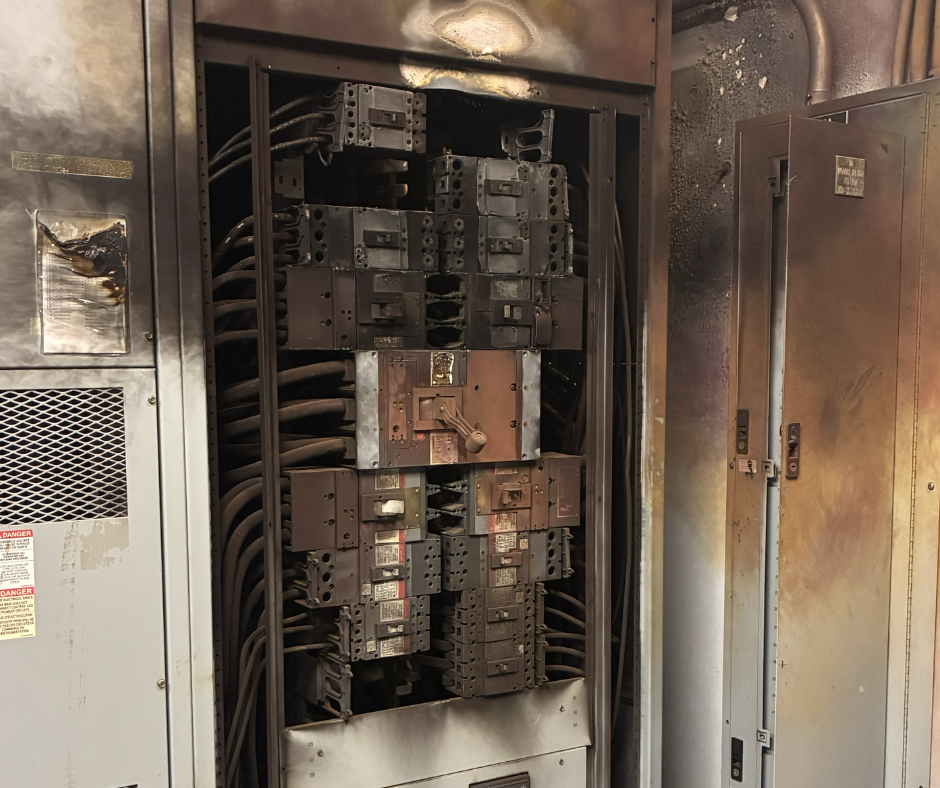Students may be hitting the books on campus this fall– so says the Florida Board of Governors (BOG). Thursday during a teleconference meeting, the BOG unanimously approved a blueprint for reopening Florida’s universities.
The blueprint provides general guidelines in five key areas and notes that “each university has a dedicated mission with unique strengths and characteristics, and it is important to recognize that each campus community has an extraordinary environment that includes students from all regions of the state, nation, and world.”
In the meeting BOG officials acknowledged that the on-campus experience for the Florida university system will undoubtedly look different for fall semester as we learn to co-exist with the COVID-19 virus. Despite these inevitable changes, Chairman Sydney Kitson mentioned that “Florida can be proud of how our universities have stepped up and what they have accomplished throughout the state.”
Health and Safety Guidelines
The blueprint highlights a level of shared responsibility between the university, its faculty and students, and the larger community the school is a part of. Stating that the “foundational priority of each university’s plan will be the health and welfare of all students, faculty, staff, vendors, volunteers, and visitors.”
The blueprint further states that “Governmental leaders, business owners, and health care providers in the surrounding university community should accept a shared responsibility with the university to promote the health of the campus and its surrounding community.”
Governor Charles Lydecker was pleased with the emphasis on shared responsibility. “All members of the university system have to take personal responsibility for this to work,” he said.
The institutions will have to follow all CDC, state and local guidelines for social distancing and include procedures for their enforcement. Decisions around the use of hand-sanitizer and masks are left up to the individual schools to address in their strategies.
Students and faculty will be briefed prior to returning to campus on any new policies and their responsibility in adhering to them as well as any consequences that may result from not following them.
As far as sports and other student life activities the blueprint stated each university would need to consider their campuses current and projected health environment as they make plans for the gradual approval of extracurricular activities.
Additionally each university will be responsible to outline a plan for enhanced cleaning and disinfecting of all campus facilities.
Testing and Tracing
How and when universities test their students must also be considered and effective partnerships must be forged with relevant healthcare providers in order to act quickly to isolate any potential hot spots on campuses. Policies, plans and procedures around testing will be elaborated by each university.
It was encouraged that all universities work with the Department of Health and other relevant local bodies to come up with a tracking and tracing protocol that would benefit their county.
Universities will also need to come up with a place to isolate any infected or exposed students and develop a plan on how they may continue their coursework while in isolation or quarantine.
Each university will need to define an outbreak threshold of positive cases that would trigger enhanced restrictions and a potential shut down of the campus.
Academic Program Guidelines
It was emphasized that all plans need to be flexible and include the versatility to accommodate students who are unable or unwilling to return to campus in the fall. The blueprint stated that, “universities should continue to explore new and creative ways to use technology to deliver classes in a variety of delivery modes using alternative instructional formats and hybrid combinations of face-to-face and online delivery modes.”
It was clear that health, safety, and a commitment to a world-class education are very high priorities for the board. Chairman Kitson said “we are hoping that we can tailor our academics to where we can meet the student where they want to be met.”
Meaning that if students, for whatever reason, don’t want to return to traditional in-person classes there will be options available. Faculty training in the new technologies will continue.
It was stressed that, “each university plan should acknowledge that from the time of the development of its plan to the time of the beginning of fall semester, the health environment of the local community will likely look very different. The need for flexibility should be stressed to all students, faculty, and staff as schedules and delivery modes may need to be adjusted in reaction to the evolving health conditions on each campus and in each campus community.”
Faculty Concerns
There were many faculty members from across the state who spoke up with concerns about just who was on the reopening task force and whether their concerns would be given voice.
Dr.Jaffar Hameed, the First Vice-President of the United Faculty of Florida, stated that the budgets should not be balanced ‘on the backs of faculty or students.’
United Faculty of Florida President, Karen Morian, touched on how important higher education is to Florida’s economy and that keeping people working is going to be very important.
“Over 2 million people have filed unemployment in Florida and we know that there are over 100 thousand people who work in higher education,” Morian said. “Keeping folks in their jobs is going to be a big part of this and we require union involvement in the reopening plan development.”
Chairman Kitson indicated they would have a better idea of just how faculty can voice their concerns after the next weekly task force meeting.
UNF Specific Updates
In a letter to UNF students President Szymanski stated that he was extremely proud of all UNF’s students as well as faculty for their ability to pivot quickly and complete the Spring semester through distance learning.
In regards to reopening Szymanski wrote, “as we have done at every stage of this crisis, our reopening plans will be conducted thoughtfully and carefully with the health and wellness of returning students, faculty, and staff as our top priority. The valued input of students, faculty, and staff will continue to be critical to the success of our strategy of continuity in education and safety of our Osprey family.”
Five working groups composed of faculty, students, administrators, and staff will get to work over the next few weeks to develop operational strategies and action plans addressing the five priority areas outlined in the board of governors blueprint to ensure a thoughtful and responsible approach to safely reopening our campus in the fall.
All Florida universities are required to submit their plans for reopening by June 12th. The next meeting of the board will be the first in-person meeting since the shut downs imposed by the pandemic and will take place at UCF on June 23rd.
__
For more information or news tips, or if you see an error in this story or have any compliments or concerns, contact editor@unfspinnaker.com.











